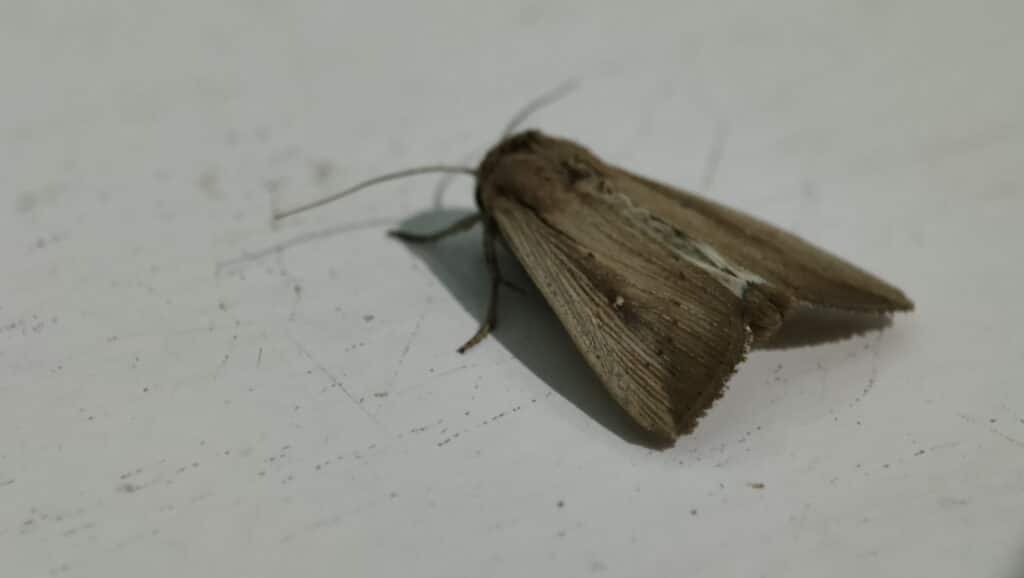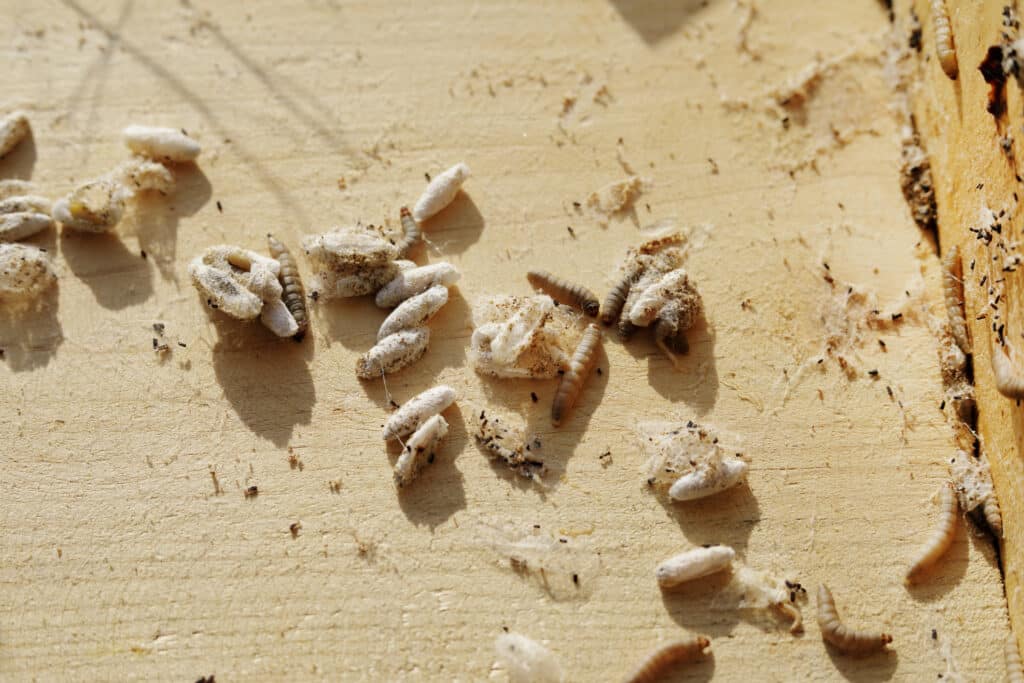
Prevention Tips for Butterflies in Tennessee Gardens
While many gardeners want to attract butterflies to their gardens, there is a cost to inviting these beautiful insects into your yard. While adult butterflies may help pollinate your plants, they can just as easily devour them as caterpillars. Protect your garden from butterfly larvae with these prevention tips from U.S. Pest Protection.
Understand When Butterfly Prevention is Needed
Identify the Butterfly Species in Your Garden
Before you try to prevent butterflies from making your garden their home, identify the species. Most butterfly species are more beneficial than destructive to your plants. The only type of butterfly that could truly be a “pest” is the cabbage white butterfly, whose larvae feed on a variety of plants and crops.Cabbage white butterflies have mostly white wings, with partially gray tips. Male cabbage white butterflies have one black spot on each wing, while females have two on each wing. If you’re unable to identify the butterflies around your garden, contact U.S. Pest Protection’s knowledgeable experts.

Recognizing Beneficial vs. Problematic Butterflies
When considering prevention tips for butterflies, it’s important to distinguish between:- Beneficial butterflies: Monarchs, swallowtails, and painted ladies help with pollination and add beauty to your garden
- Potentially problematic butterflies: Primarily the cabbage white butterfly, whose caterpillars can damage certain plants
Effective Prevention Tips for Butterflies in Your Garden
Physical Barriers
There are multiple simple and eco-friendly ways to prevent cabbage white butterflies from laying their eggs in your garden. Place mesh netting over plants that cabbage white butterflies are drawn to, including:- Cabbage
- Cauliflower
- Broccoli
- Bok choy
- Kale
- Other cruciferous vegetables
By putting mesh netting around your plants, you can prevent cabbage white butterflies from landing on your plants’ leaves and laying their eggs. In addition to keeping butterflies away, the netting could help prevent other pests from attacking your garden.
Natural Repellents
Garlic can also help keep cabbage white butterflies away from your plants. Its strong odor will discourage the butterflies from laying their eggs without causing them any harm. To create a garlic spray, mix two pureed garlic bulbs with ½ cup of water and pour the mixture into a spray bottle.Other natural prevention tips for butterflies include:
- Planting aromatic herbs like thyme, sage, and lavender near vulnerable plants
- Creating a diversified garden that attracts natural predators of butterfly eggs and larvae
- Regular inspection and removal of eggs from the undersides of leaves
- Companion planting with strong-smelling plants like onions and chives

Timing Your Planting
Another effective prevention tip for butterflies, particularly cabbage whites, is to time your planting:
- Plant susceptible crops during cooler seasons when butterfly activity is reduced
- Use row covers during peak butterfly seasons
- Harvest crops promptly to reduce exposure time
Hire an Expert in Butterfly Prevention
Keep your garden healthy and protect helpful butterfly species with U.S. Pest Protection. Our approach includes:- Expert identification of butterfly species in your garden
- Customized prevention plans for your specific garden needs
- Education on which butterflies to encourage and which to manage
- Regular monitoring to ensure your prevention strategies are effective
Schedule your free inspection today to learn how our experts can help you implement the right prevention tips for butterflies in your Tennessee garden while maintaining a healthy ecosystem.

